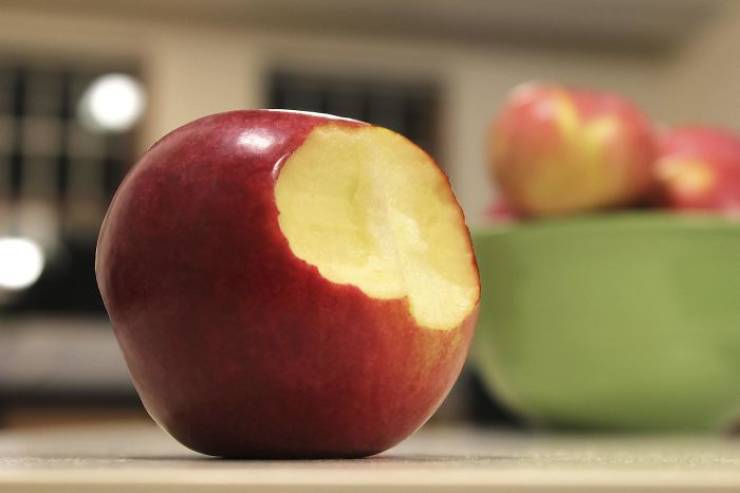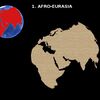The Forbidden Fruit Is Not Apple

The forbidden fruit mentioned in the Book of Genesis is never identified as an apple, a misconception widely depicted in Western art. The original Hebrew texts mention only tree and fruit. Early Latin translations use the word mali, which can be taken to mean both "evil" and "apple". In early Germanic languages the word "apple" and its cognates usually meant simply "fruit". German and French artists commonly depict the fruit as an apple from the 12th century onwards, and John Milton's Areopagitica from 1644 explicitly mentions the fruit as an apple. Jewish scholars have suggested that the fruit could have been a grape, a fig, wheat, an apricot, or an etrog.
7.

Hybrid 6 year s ago
Female: The man Jesus did exist. It's in the historical record, as is Pilate, Herod, and other historical figures of the time. Don't let your hatred of religion cloud your intelligence. It's a bad look.
Gun: There is a direct correlation between the rises in stork populations and number of births in Germany. Therefore (according to your logic), storks bring babies.
Gun: There is a direct correlation between the rises in stork populations and number of births in Germany. Therefore (according to your logic), storks bring babies.








And regardless of the other commenter's religious beliefs, the bible doesn't mention an apple. You don't need to believe the stories to analyze them like any other fiction.
Gun: There is a direct correlation between the rises in stork populations and number of births in Germany. Therefore (according to your logic), storks bring babies.